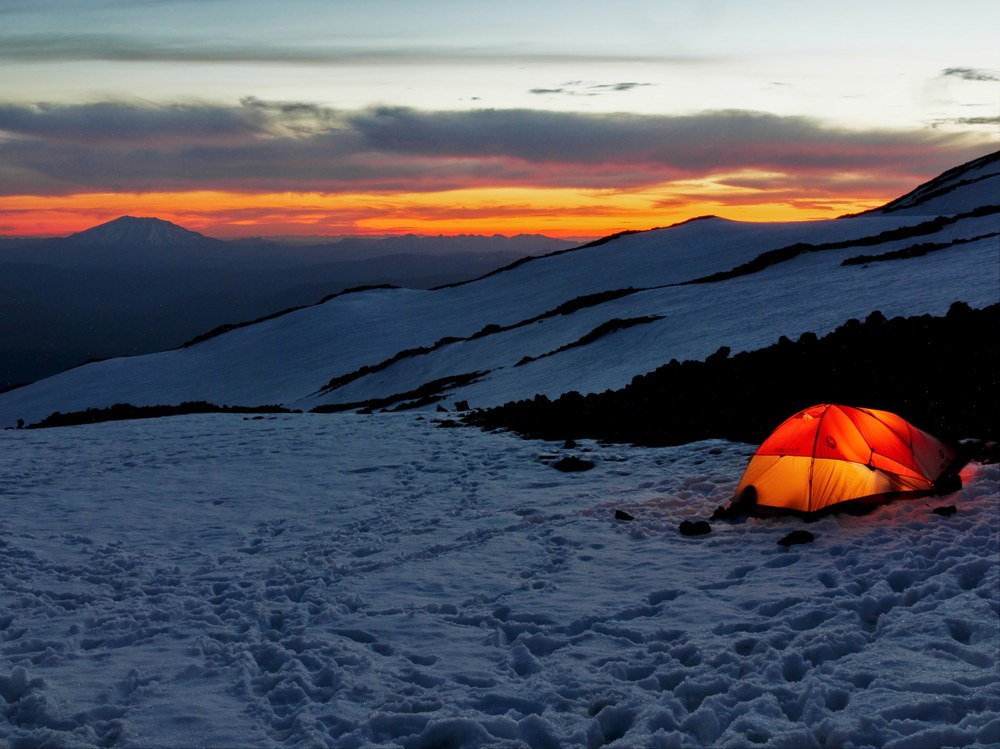
When it comes to health, exercise and nutrition tend to get the bulk of the attention. But getting adequate sleep may be the key to improving your outdoor performance, increasing brain and body function, and perhaps even losing unwanted weight as we enter the season of holiday parties and shorter daylight.
In 2017, the Nobel Prize in Physiology or Medicine went to three gentlemen who studied how our internal clocks and circadian rhythms regulate vital functions such as behavior, hormone levels, body temperature, metabolism, and sleep. If you find yourself reaching for caffeine or sugar sometime during the day to stay awake and alert, your sleep habits may be to blame.
Why Is Sleep Important?
While you sleep, your body works hard to rebuild damaged tissues and replenish cells at the mitochondrial level. Matched closely with the sun's light, your circadian rhythm (the body’s biochemical cycle that repeats roughly every 24 hours) governs hunger, body temperature, hormone release, sleeping, and waking patterns. That's part of why it's important to try to go to sleep at the same time each night and wake up at the same time each morning.
Without consistent sleep, you might experience brain fog, lack of energy, moodiness, the munchies, and weight gain. Poor sleep can lead to an increased risk of diabetes, heart disease, depression, and a compromised immune system. This means if you don’t sleep well you might find yourself getting sick more often than your peers and co-workers, and you may take longer to recover.
What Is Restful Sleep?
Most adults need roughly seven to nine hours of sleep during each 24-hour period. If you fall asleep within 15-20 minutes of lying down, if your sleep is continuous without long wakeful periods, and if you wake up feeling refreshed without needing an alarm clock, then you are probably getting sufficient sleep.
Someone who is getting restorative sleep will feel alert and productive throughout the day without needing help from caffeine or sugar, although an occasional dip in energy mid-afternoon is fairly normal – siesta, anyone? – so long as you're productive again after that period. Restful sleep is shut-eye without disruptive behaviors such as snoring, disturbed breathing (apnea), sleepwalking, restlessness, or twitching.
How To Improve Sleep
- Prioritize and value sleep as much as exercise and good nutrition.
- Go to bed at the same time every night, even weekends, to optimize your circadian rhythm.
- Establish a relaxing bedtime routine such as a warm bath, stretching, journal writing, or meditating.
- Sleep in a dark, quiet, cool room.
- Stop using cell phones and electronics an hour before bedtime; never use them in the bedroom.
- Avoid heavy meals and alcohol within two hours of going to bed.
- Exercise daily, even if it’s just a light walk or yoga in the evening, and be sure to finish your workout at least one hour before bedtime.
- Avoid caffeine after 2pm.
- Use blue light blocking glasses after sunset if you must use artificial light inside.
- Recognize other sleep detractors and eliminate as many as you can.
Pick a step or two from above and experiment for a week to see if you can increase your sleep performance. Watch how sleep can transform you into the alert, healthy, and productive Mountaineer you deserve to be.
This article originally appeared in our Fall 2019 issue of Mountaineer Magazine. To view the original article in magazine form and read more stories from our publication, click here.
 Courtenay Schurman
Courtenay Schurman